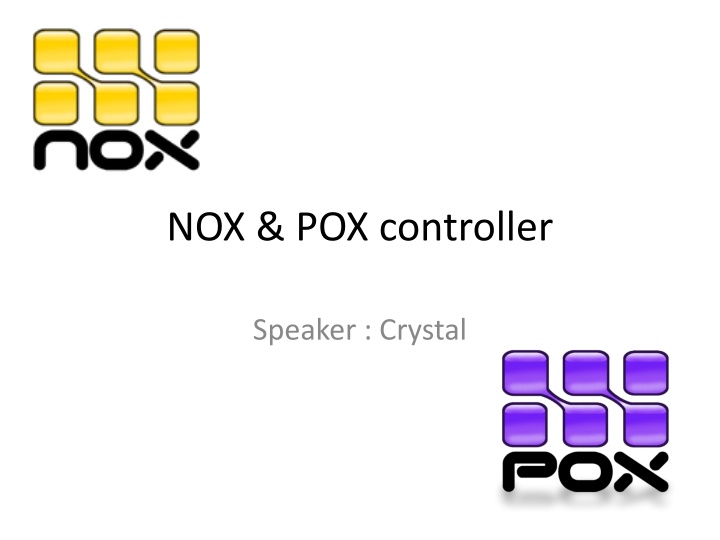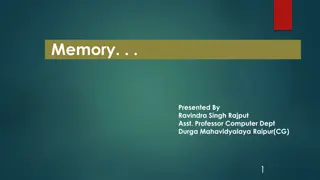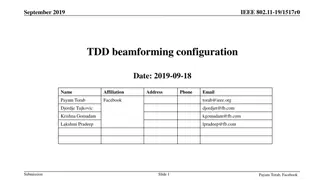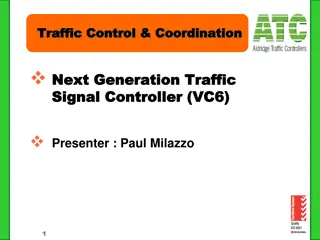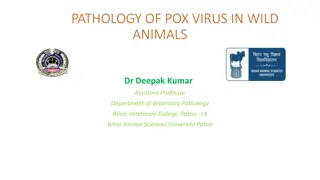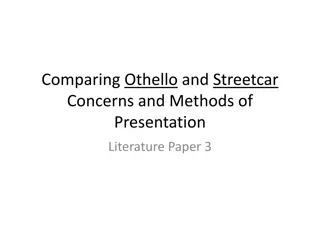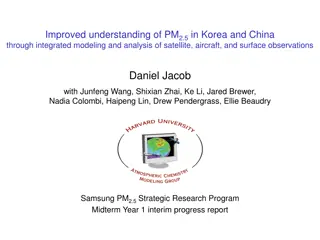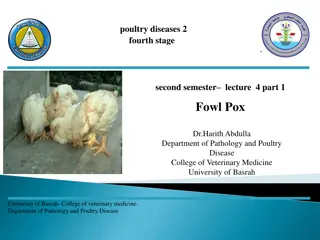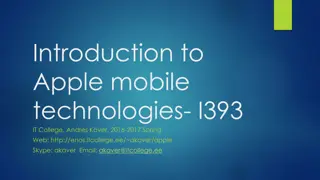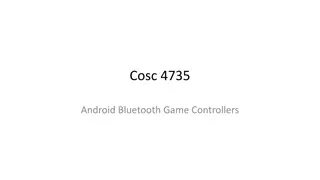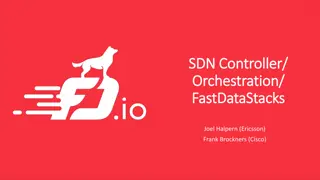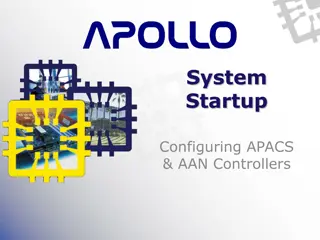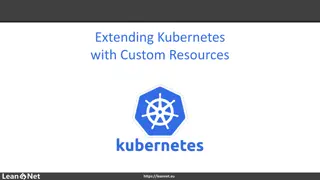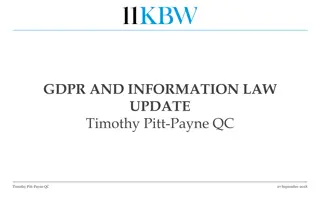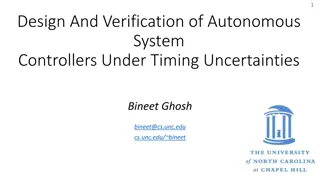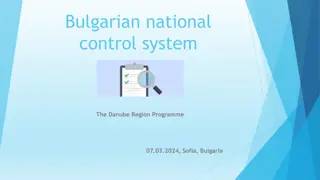Introduction to NOX and POX Controllers
Learn about NOX and POX controllers, their differences, installations, and branches. Discover why Python users are encouraged to switch to POX, the newer version with a cleaner codebase. Explore active and release branches, installation steps, and more.
Download Presentation

Please find below an Image/Link to download the presentation.
The content on the website is provided AS IS for your information and personal use only. It may not be sold, licensed, or shared on other websites without obtaining consent from the author.If you encounter any issues during the download, it is possible that the publisher has removed the file from their server.
You are allowed to download the files provided on this website for personal or commercial use, subject to the condition that they are used lawfully. All files are the property of their respective owners.
The content on the website is provided AS IS for your information and personal use only. It may not be sold, licensed, or shared on other websites without obtaining consent from the author.
E N D
Presentation Transcript
NOX & POX controller Speaker : Crystal
Outline Introduction NOX and POX Branch NOX and POX Installation Implement Connect to Indigo Basic Reference
NOX - Introduction NOX-Classic Supports for Python and C++ Is no longer developed Why not? Encourage those who use Python to use POX instead the new NOX Only supports for C++ Fewer applications than NOX-Classic Faster and cleaner codebase
POX - Introduction Is NOX s younger sibling Using Python The majority target of development for NOXRepo team The latest branch of NOX is released in 2012. What is branch? (next page)
Branch Version, in other words. Two types of branch Active : are being actively developed Latest Contain improvements(bug fixes, new features) Release : no longer be developed Stable How to switch to branch? git checkout branch-name
Branch (cont.) NOX Active Release Branch verity None Release Date 2012-05-11 N/A NOX-Classic Active Release Branch destiny zaku Release Date 2012-07-20 2010-09-15 POX Active Release Branch eel dart carp betta angler Release Date -- 2014-07 2013-10 2013-05 2013-03
NOX Installation [on CentOS 6.6] Install dependencies yum install gcc-c++ boost-devel openssl-devel automake autoconf swig git libtool libtool-dev python-devel python-twisted python-simplejson
NOX Installation (cont.) Get NOX packet git clone git://github.com/noxrepo/nox git clone git://noxrepo.org/nox
NOX Installation (cont.) Install NOX (1) cd nox/ sudo ./boot.sh
NOX Installation (cont.) Install NOX (2) mkdir Build cd Build/ ../configure make
NOX - Implement Run NOX cd ~/nox/Build/src/ sudo ./nox_core v i ptcp:6633
NOX Connect to Indigo Connection failed Indigo is new, NOX is an old version
NOX - basic listen to TCP PORT (default: 6633) -i ptcp:[PORT]
NOX basic (cont.) set maximum verbosity level (for console) -v, --verbose
NOX basic (cont.) ./nore_core -v -i ptcp:6633
NOX basic (cont.) display this help message -h, --help display version information -V, --version
POX Installation [on Ubuntu 12.01] Install dependencies sudo apt-get install git Get POX packet git clone http://github.com/norepo/pox
POX - Implement Run POX cd pox/ ./pox.py openflow.of_01 --address=192.168.2.228 --port=6633 192.168.2.228 must be change to your own IP address
POX Connect to Indigo Connect successfully! POX Indigo
POX - basic Print more debugging information (especially useful for problems on startup) --verbose Don't automatically load the OpenFlow module --no-openflow Load a Python log configuration file --log-config=F
POX basic (cont.) Component forwarding.l2_learning makes OpenFlow switches act as a type of L2 learning switch openflow.of_01 communicates with OpenFlow 1.0 switches. Example: ./pox.py --verbose openflow.of_01 -- address=192.168.2.228 --port=6634 forwarding.l2_learning
Reference Introduce NOX & POX http://www.noxrepo.org/ POX-full information https://openflow.stanford.edu/display/ONL/POX+ Wiki
